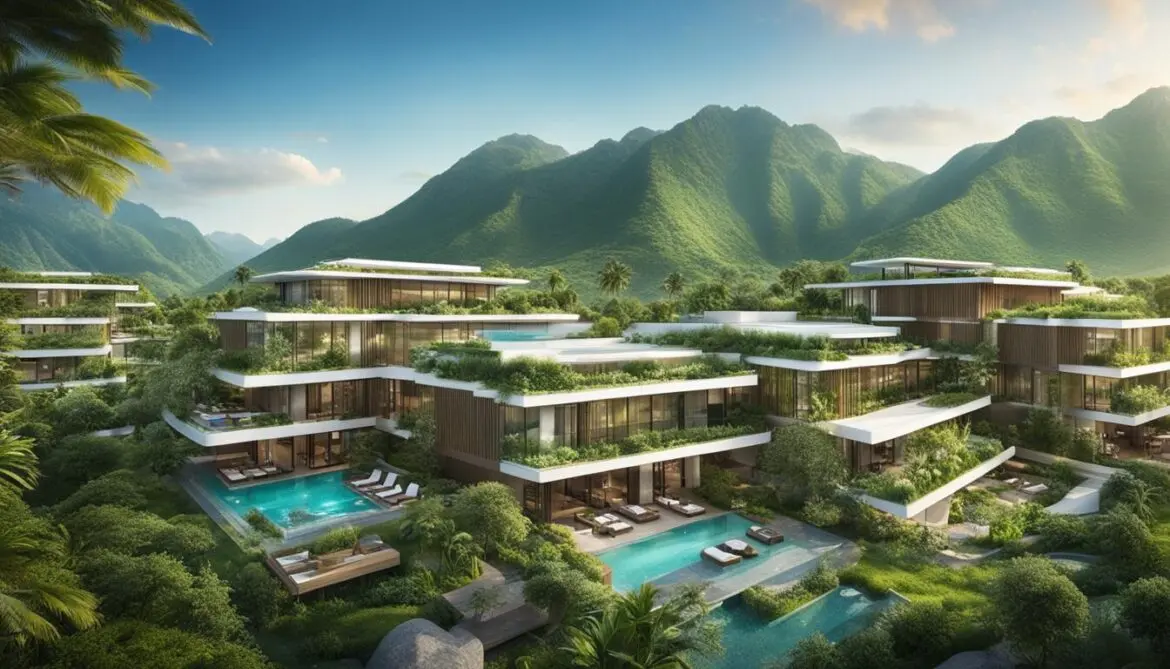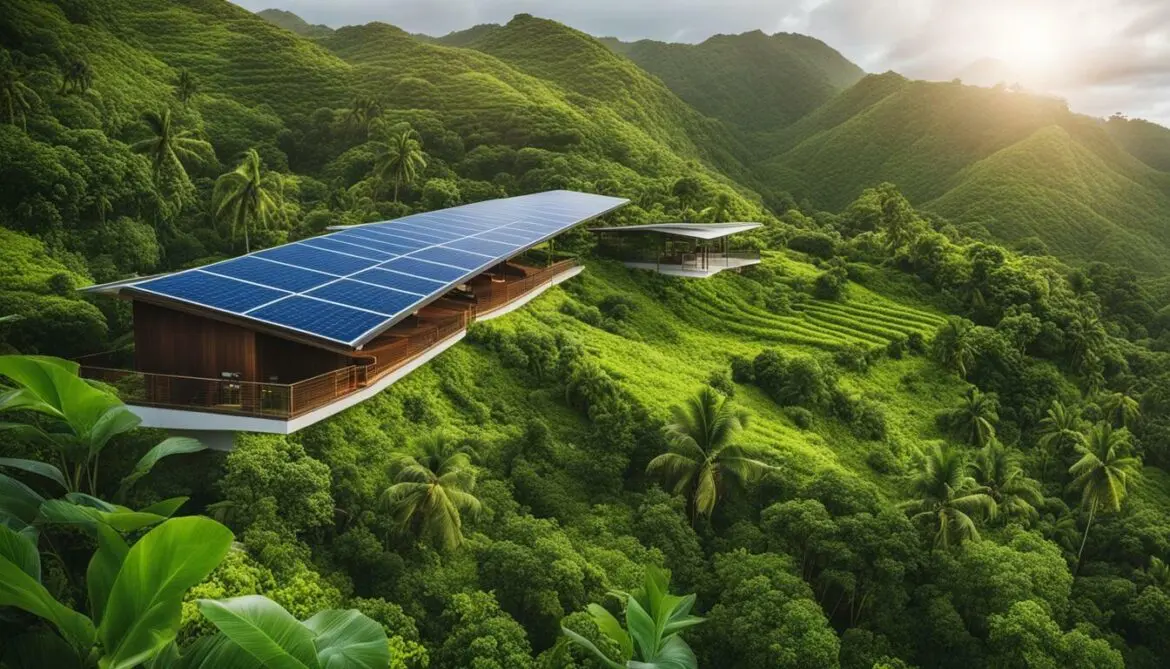
Road Construction and Infrastructure Projects
Road Construction and Infrastructure Projects in the Beautiful Nation of Fiji, with a Focus on Sustainable Development
Fiji, a country known for its breathtaking natural beauty, rich resources, and growing population, is on a strategic path toward long-term and intelligent development. At the heart of this journey lies a vital pillar: investment in sustainable infrastructure and the implementation of modern civil and construction projects—developments that not only meet the present needs of Fijian communities but also secure a resilient and smart future for generations to come.
The Importance of Infrastructure Development in Fiji
Infrastructure—such as roads, bridges, public buildings, water networks, and energy systems—is fundamental to economic growth, improved living standards, and foreign investment. Given Fiji’s unique geographic landscape and its scattered island composition, enhancing transportation and accessibility plays a central role in connecting communities and increasing access to essential services such as healthcare, education, and commerce.
Road Construction: Connecting Islands and Empowering Communities
One of the core aspects of infrastructure development in Fiji is road construction and rehabilitation. Many regions, especially in smaller islands, struggle with outdated, unpaved roads and poor connectivity. Investing in the construction of paved roads, durable bridges, and safe travel routes has become essential in linking remote areas, facilitating the movement of goods and people, and improving access to public services.
Companies like Fiji Holding prioritize the use of cutting-edge engineering technologies to design resilient roads that can withstand extreme weather conditions such as heavy rains and flooding, which are common in the Pacific region.
Construction Projects: From Educational Facilities to Smart Buildings
Alongside road building, construction of public infrastructure is another cornerstone of Fiji’s sustainable development agenda. From modern schools and healthcare centers to government buildings and cultural venues, the construction sector plays a crucial role in creating spaces that foster progress and inclusivity.
Key features of modern construction in Fiji include:
- Sustainable architecture
- Use of local and recycled materials
- Integration of renewable energy systems (such as solar panels)
- Compliance with international safety and environmental standards
These values reflect the country’s commitment to creating not just buildings, but smart, eco-conscious, and future-ready environments.
Building for the Future: What Does “Sustainable Infrastructure” Mean?
In today’s world, infrastructure development must go beyond concrete and steel. In Fiji, sustainability is at the core of every major project, ensuring environmental, economic, and social considerations are embedded in the planning and execution phases.
Key principles of sustainable infrastructure in Fiji include:
- Use of renewable energy (solar and wind) to power facilities and reduce carbon emissions
- Rainwater harvesting and wastewater management systems
- Eco-friendly construction materials resistant to humidity and seismic activity
- Waste reduction and material recycling during construction
- Training and employing local labor to enhance community engagement and ownership
These elements ensure that each project is not only built to last—but also built to protect, serve, and empower.

Community Participation: A Model for Inclusive Development
One of the most successful approaches to infrastructure projects in Fiji is the active involvement of local communities. From initial planning to execution and long-term maintenance, community engagement ensures that projects reflect local needs and priorities. This model also fosters a stronger sense of responsibility and care for the completed infrastructure.
Companies like Fiji Holding are committed to:
- Hiring and training local workers
- Offering fair wages
- Supporting skills development and technical education
- Creating long-term job opportunities
Such efforts not only strengthen the local economy but also contribute to the long-term sustainability of the infrastructure itself.
Challenges and Opportunities
Despite significant achievements, Fiji faces unique challenges in its path toward sustainable infrastructure development. Geographic isolation, limited financial resources, climate change, and natural disasters such as cyclones and floods are major concerns. However, these challenges also create room for innovation, strategic partnerships, and the adoption of modern technologies.
Government initiatives, international support programs, and private sector participation form a powerful ecosystem for turning these challenges into opportunities for growth and resilience.
The Role of Fiji Holding
At the heart of this transformation is Fiji Holding, a company that combines deep local knowledge, technical expertise, and a strong commitment to sustainability. Whether it’s building rural roads, smart classrooms, or resilient water systems, Fiji Holding plays a central role in shaping the infrastructure of tomorrow.
Our projects are:
- Environmentally friendly
- Culturally sensitive
- Disaster-resilient
- Designed to serve communities for decades to come
We believe infrastructure is more than physical development—it’s about empowering people, enhancing lives, and connecting Fiji to the world.
Conclusion
Road construction and civil projects in Fiji represent much more than physical transformation. They are symbols of progress, sustainability, and hope. With a strong focus on sustainable infrastructure, Fiji is paving the way toward a smarter, stronger, and more connected nation.
The participation of companies like Fiji Holding, in collaboration with local communities and the Fijian government, ensures that this vision becomes a reality. The future of Fiji is being built—one road, one building, one project at a time.



